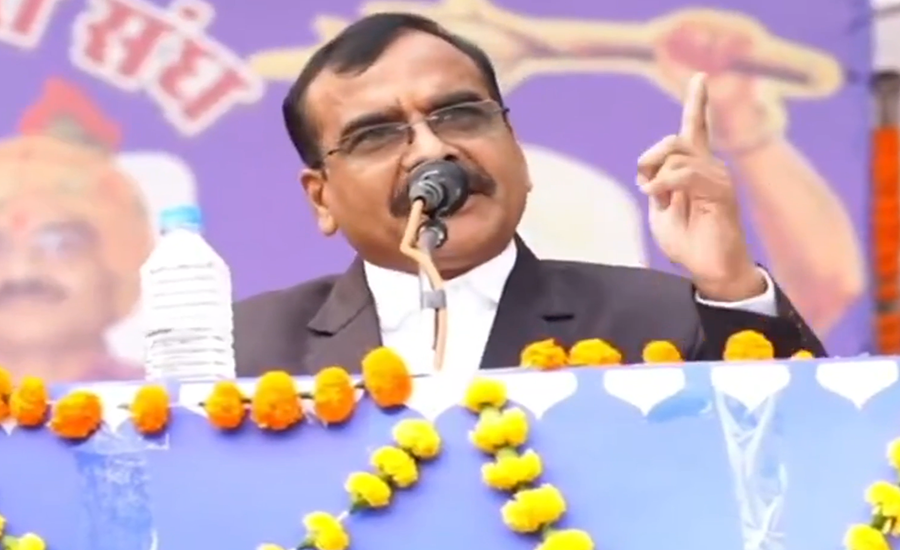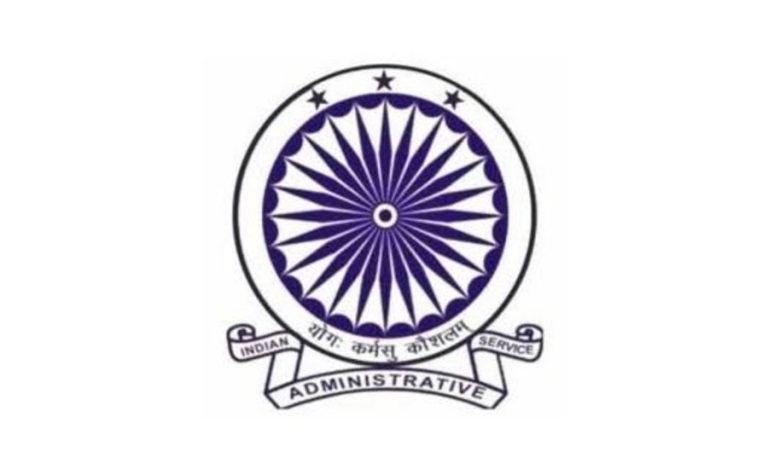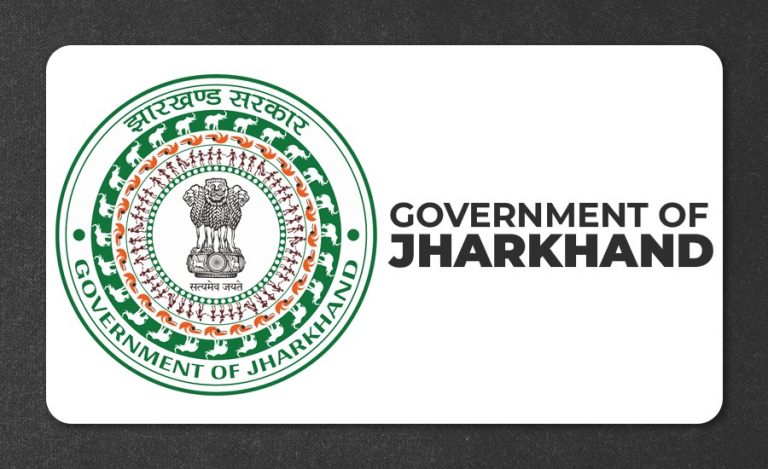Madhya Pradesh bureaucratic circles witnessed renewed turbulence after IAS officer Mr. Santosh Verma, recently appointed as state president of AJJAKS, made a controversial statement concerning the Brahmin community. His remark, delivered during a public address, immediately triggered political, social and administrative debate—once again placing his career under public scrutiny.
The Statement That Reignited Old Controversies
While addressing an AJJAKS gathering, Mr. Verma stated that reservation benefits should continue “until a Brahmin donates his daughter to his son.” The comment, widely perceived as inappropriate and socially insensitive, sparked criticism across community forums. The officer later clarified that he intended to speak on themes of social justice and traditional marriage customs, but the backlash escalated regardless.
A Career Marked by Administrative Responsibilities
Mr. Verma has served in various developmental and governance-related roles across Madhya Pradesh, including postings in urban administration, district-level responsibilities and departmental leadership positions. As a promoted IAS officer, he has handled portfolios ranging from urban development to agricultural welfare. Officials familiar with his work note that he has previously contributed to administrative reforms and departmental modernization efforts.
Allegations of Forgery and Legal Challenges
Mr. Verma’s professional journey has also faced legal hurdles. According to police complaints and court records referenced in past reports, he was arrested in 2021 on allegations of using forged documents to secure his promotion to the IAS. Authorities claim the forged material included fabricated signatures resembling those of a judge. Following the complaint, he was taken into custody and the matter progressed through legal channels.
Complaints Concerning Personal Conduct
Multiple women have lodged complaints over the years alleging exploitation, deception and unfulfilled marriage promises. These included a female colleague, a domestic worker and an LIC agent, who each claimed to have been misled in relationships. While these allegations have been subjects of police reports and media coverage, several matters remain contested, with counter-complaints also reported on behalf of the officer. In one instance, Mr. Verma accused a woman of blackmail, indicating the complexity of the disputes surrounding his personal life.
Impact on Governance and Public Perception
The latest controversy has prompted discussion within administrative circles regarding conduct expectations from senior officers. Analysts note that statements of this nature can undermine public trust in governance structures and detract from developmental agendas. Observers await whether the state government or the central administrative framework will initiate further review or disciplinary proceedings based on the cumulative controversies.
A Career at a Crossroads
Despite Mr. Verma’s experience in multiple developmental roles across districts and departments, the recurring controversies risk overshadowing his administrative contributions. The coming days may determine how the state responds to renewed concerns and how these developments shape the officer’s future trajectory within the bureaucracy.





























